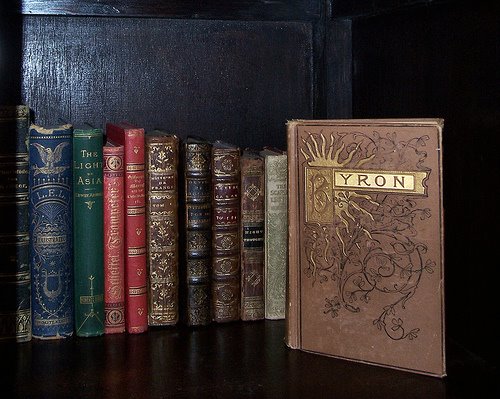Of the 2.0 tools demonstrated so far, I have to rank these along with online productivity tools (Thing 14) as being the least Web or Library 2.0. Why not examine embedded video conferencing, shared white boards (web-x), online classifieds (craigslist or even E-Bay)?
It’s not that I don’t think that the student and teacher tools are valuable, but along with the online productivity tools, I question their 2.0 relevance. I don’t see these tools as facilitating communication or collaboration between multiple individuals or groups. Nor is there any information sharing or development involved – at least not in a true Web 2.0 sense.
I would include these tools in our library’s website in the same manner I would include automotive data bases, journal data bases and other online reference tools. None of these tools are Web 2.0, but they are information and research tools. Now… if your website allows for customization, then allowing patrons to pick and choose which of these tools shows on their custom web page is Web 2.0. Being able to have a “My Library” page just like “IGoogle” or “My Yahoo” is fantastic.
Are these specific tools helpful? Sure… any time or project management tool is helpful if you will actually use it. I would like to think that most (serious) students in college are capable of managing their time appropriately. But, this is probably not true, so tools like the Assignment Calculator or Research Project Calculator are helpful for plotting a course of action from initial assignment to deadline.
16 years ago



